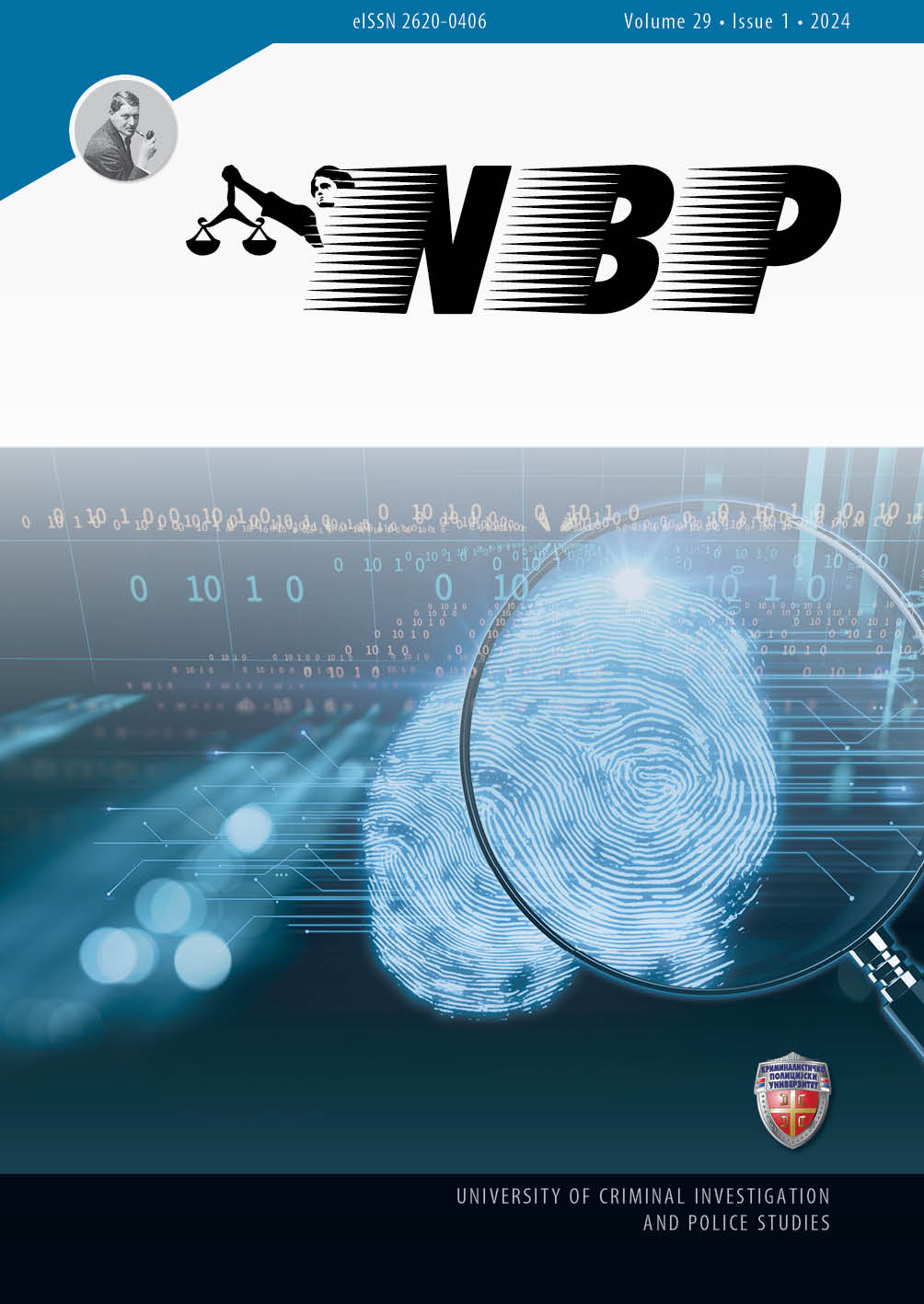Criminal Responsibility of the President of the United States of America
Abstract
Observed from a wider historical perspective, the most recent period of the constitutional life of the United States of America risks to be remembered as the one during which the presidential impeachment procedure was used incomparably more often than ever before. This sometimes attracts particular attention to the topic of criminal responsibility of the President, on which the Constitution itself remains silent. At the same time, legislation and jurisprudence seem to have been shying away from addressing this important and rather actual issue. The question whether the presidential immunity protects a sitting or a former president from arrest, trial, or punishment for deeds committed during the presidential term of office thus represents a particularly complex legal puzzler. This is particularly the case since the traditional checks-and-balances system appears to be displaying signs of weakness due to a overtly politicized procedure, notably in the absence of firm legal guidelines or clear theoretical perspectives.
References
Bulajić, S. M. (2019). Yet another look at the U.S. constitutionalism and the phenomenon of ‘We the People’. Strani pravni život 2019 (4), 93-102. https://doi: 10.5937/spz63-23850
Congressional Record, Proceedings and Debates of the 117th Congress, First Session, Vol. 167, Washington, Tuesday, February 9, 2021, No. 24, p. S589-D108.
Constitution of the USA (Art. I, Sec. 2 Para. 5, Art. I, Sec. 3, Para. 6-7, Art I, Sec. 8, Para. 18, Art. I, Sec. 9, Art. II, Sec. 2, Para. 1, Art. II, Sec. 4, Art. III, Sec. 4).
Galbraith, J. (2020), President Trump Impeached and Acquitted of Charges Relating to His Conduct of Foreign Affairs. American Journal of International Law, 114(3), 494-504. https://doi.org/10.1017/ajil.2020.40
Hastings v. United States, 802 F. Supp. 490 (D.D.C. 1992), U.S. District Court for the District of Columbia - 802 F. Supp. 490 (D.D.C. 1992), September 17, 1992, pp. 491-505.
Lozano, N. A. (2019), Can President Trump Become His Own Judge and Jury? A Legal Analysis of President Trump’s Amenability to Criminal Indictment and Ability to Self-Pardon. Nova Law Review 43(2), 150-176.
Opinions of the Office of Legal Counsel, Memorandum Opinion for the Attorney General, A Sitting President's Amenability to Indictment and Criminal Prosecution, Volume 24/2000, p. 222-260.
Popp, K. A. (2000), The Impeachment of President Clinton: An Ugly Mix of Three Powerful Forces. Law and Contemporary Problems, 63 (1-2), 223-243.
Prakash, S. B. (2021), Prosecuting and Punishing Our Presidents, Texas Law Review, 100 (56), 55-113.
Proclamation No. 4311, U.S. Statutes at Large 88 (1974): 2502-2503, September 8, 1974.
Skibell, R. (2004). Separation of Powers and the Commander in Chief: Congress's Authority to Override Presidential Decisions in Crisis Situations. Georgia Mason Law Review, 13(1), 183-218.
The Economist, March 9th-15th 2002, 8.
United States v. Nixon, 418 U.S. 683 (1974) (Supreme Court of the United States of America, July 24, 1974).

